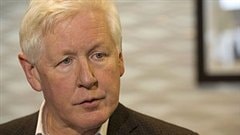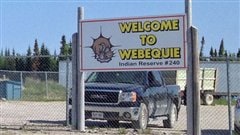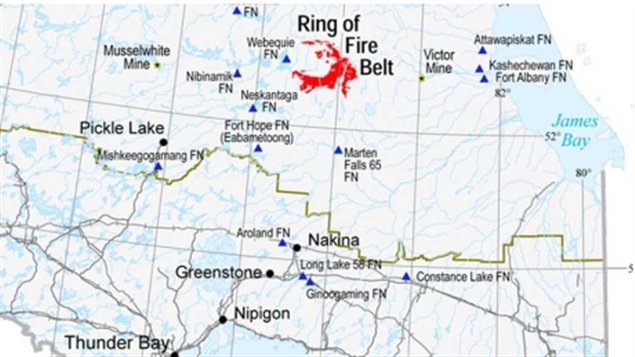The Prospectors and Devlopers Association of Canada just wrapped up their annual convention this week in Toronto, and the so-called Ring of Fire in north-western Ontario was a major topic of discussion.
The area got its name from the estimated $50 billion in mineral deposits it holds. There’s great promise for the people of Ontario, but only if the First Nations living in the area are part of the development and share in the profits.
Along with the diamonds and gold significant deposits of chromium have been discovered. There is also more nickel to be mined and the possibility of rare earth minerals.
Bob Rae, a former premier of the province and former interim leader of the federal Liberal party, left politics to work on behalf of the nine Matawa First Nation communities in the region. He says that for over a century mining in northern Ontario left the First Nations people out of the equation. Now, like indegeous peoples around the world, a renewed sense of entitlement via treaties that confer their rights, development and construction of the mines must be approached in a different way.

From discovery to development
But there is no connecting infrastructure and whether a road or a railway is best is still being debated, and should it run north-south or east-west? Bob Rae says environmental assessments are the next step and framework agreements are now under discussion.
First Nations must be direct beneficiaries of any mining that takes place
It is challenging work. The 1876 Indian Act, which imposed the election of chiefs and band councils on First Nations ignoring their traditional decision-making processes, also empowered the Canadian government to overrule any decision by chief and council and gave civil servants power over most aspects of reserve life, including land, resources, wills and education.
The legacy of the Residential School system that took children as young as four and five from their homes, often for years, left many surviving experiences of horrific abuse at the schools. The Canadian government has formally apologized, and a reconciliation commission is travelling the country but the mistrust is deep.

The province of Ontario, however, is eager to come to equitable agreements as the royalties and jobs the Ring of Fire could produce are essential for the province’s economic recovery and growth.







For reasons beyond our control, and for an undetermined period of time, our comment section is now closed. However, our social networks remain open to your contributions.